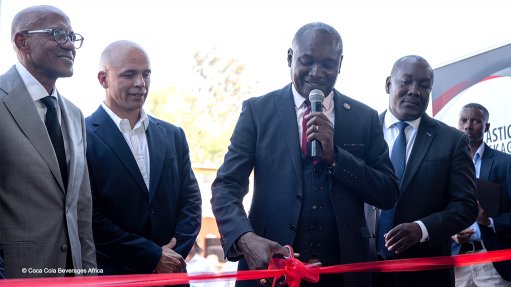Private sector injects R340m in support of South Africa’s localisation drive

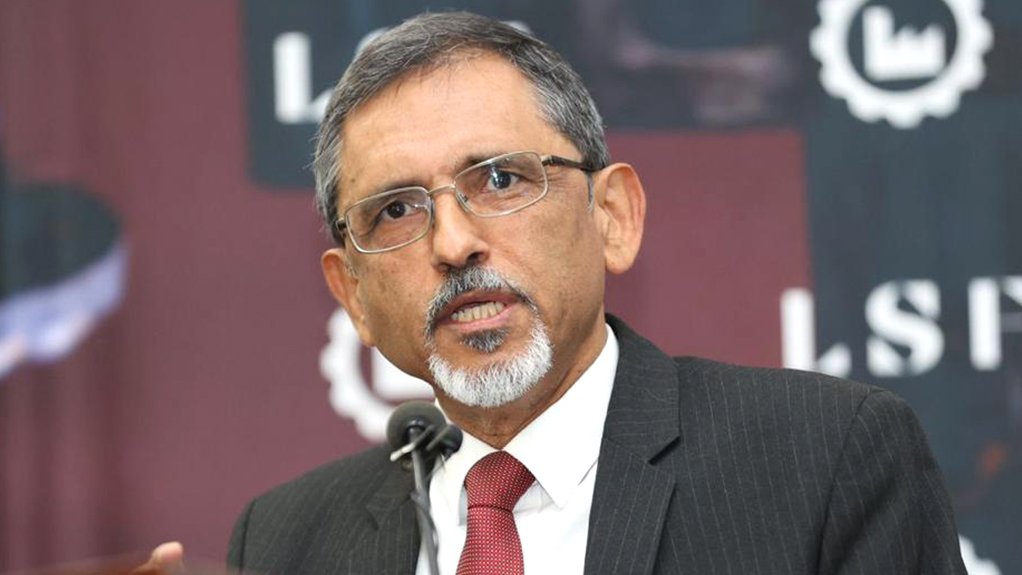
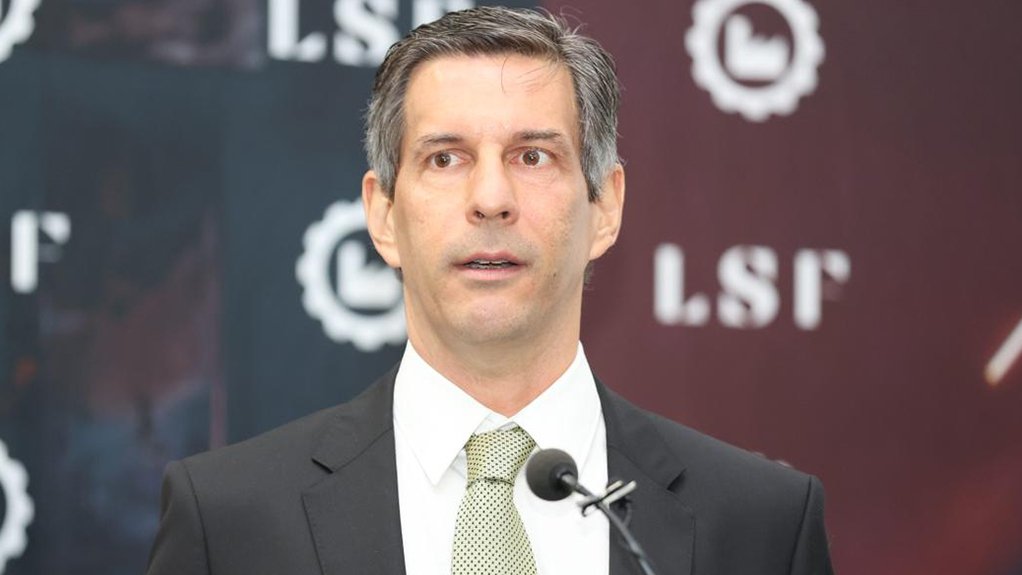
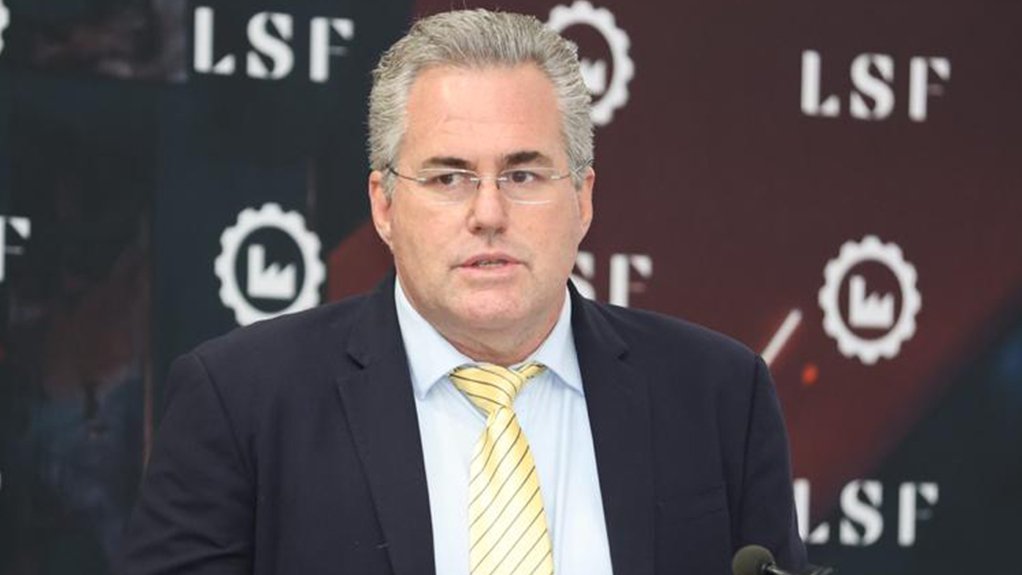

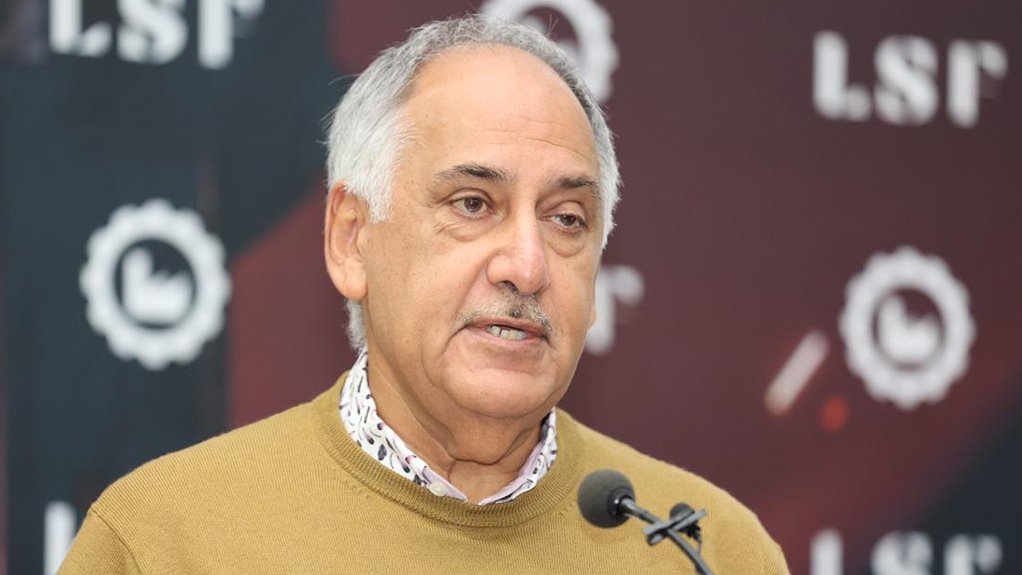
Trade, Industry and Competition Minister Ebrahim Patel
Former Coca-Cola South Africa CEO Bruno Pietracci
LSF deputy chairperson Grant Pattison
LSF executive head Thami Moatshe
Business Unity South Africa CEO Cas Coovadia
A new public-private initiative has been launched in an effort to support the growth and development of South Africa’s manufacturing sector, whose recovery from the Covid lockdowns is currently being undermined by intense daily loadshedding.
Known as the Localisation Support Fund (LSF), the non-profit company is being funded by the private sector, but has a board that includes government, labour and business representatives, including Trade, Industry and Competition Minister Ebrahim Patel, who is LSF chairperson.
The venture has already received funding support worth R340-milllion from Coca-Cola South Africa and Air Liquide, with former Coca-Cola South Africa CEO Bruno Pietracci having been a key initial driver of the initiative. Pietracci has since been appointed president of the beverage giant’s Latin American operating unit, but attended the LSF launch in Sandton on May 9.
Well-known business personality and LSF deputy chairperson Grant Pattison explained at the launch that the LSF’s goal was to help reduce imports, increase exports and promote industrial competitiveness in line with a localisation pact concluded at the National Economic Development and Labour Council in 2021.
The mandate, he added, was to support manufacturing as a whole and the LSF was, thus, not confining itself to any particular manufacturing subsector.
“The funds that we have will be spent and they are not invested for financial return, but we are looking for a manufacturing production return.
“That money will be invested in technical expertise and to assist in the identification of manufacturing opportunities and the customers who need to purchase those goods.”
LSF executive head Thami Moatshe reported that the organisation’s initial projects were geared towards opportunities in the renewable energy and electricity transmission sectors, as well as furniture manufacture.
In the electricity sector, the LSF is funding specialist research to confirm what renewables manufacturing capacity already exists in an effort to provide greater market visibility for domestic consumers, as well as to map the transmission and distribution value chains to provide a summary of in-country capabilities.
In furniture, the LSF will be appointing a specialist to introduce lean manufacturing principles to the sector, as well as to provide targeted technical resources to selected manufacturers.
Patel said the localisation concept was akin to industrialisation and that the LSF was geared towards addressing both the demand- and the supply-side constraints to industrialisation.
He said there were powerful social, economic, and commercial arguments in favour of localisation, including that the growth of manufacturing provided a sustainable way to address job creation and promote prosperity.
“The economic argument is about expanding the size of the South African economy . . . [while] the commercial arguments have become more important as corporations recognise the price they pay for disruptions in supply and, conversely, the advantages of a more flexible supply chain.”
However, the Minister acknowledged that the prevailing electricity crisis represented a threat to greater localisation and added that focused and expeditious resolution of the crisis was “critical for industrialisation”.
Business Unity South Africa CEO Cas Coovadia said that business was at one with government and labour on the benefits of localisation, which if done properly, “will be not just a catalyst, but a significant game changer”.
Comments
Press Office
Announcements
What's On
Subscribe to improve your user experience...
Option 1 (equivalent of R125 a month):
Receive a weekly copy of Creamer Media's Engineering News & Mining Weekly magazine
(print copy for those in South Africa and e-magazine for those outside of South Africa)
Receive daily email newsletters
Access to full search results
Access archive of magazine back copies
Access to Projects in Progress
Access to ONE Research Report of your choice in PDF format
Option 2 (equivalent of R375 a month):
All benefits from Option 1
PLUS
Access to Creamer Media's Research Channel Africa for ALL Research Reports, in PDF format, on various industrial and mining sectors
including Electricity; Water; Energy Transition; Hydrogen; Roads, Rail and Ports; Coal; Gold; Platinum; Battery Metals; etc.
Already a subscriber?
Forgotten your password?
Receive weekly copy of Creamer Media's Engineering News & Mining Weekly magazine (print copy for those in South Africa and e-magazine for those outside of South Africa)
➕
Recieve daily email newsletters
➕
Access to full search results
➕
Access archive of magazine back copies
➕
Access to Projects in Progress
➕
Access to ONE Research Report of your choice in PDF format
RESEARCH CHANNEL AFRICA
R4500 (equivalent of R375 a month)
SUBSCRIBEAll benefits from Option 1
➕
Access to Creamer Media's Research Channel Africa for ALL Research Reports on various industrial and mining sectors, in PDF format, including on:
Electricity
➕
Water
➕
Energy Transition
➕
Hydrogen
➕
Roads, Rail and Ports
➕
Coal
➕
Gold
➕
Platinum
➕
Battery Metals
➕
etc.
Receive all benefits from Option 1 or Option 2 delivered to numerous people at your company
➕
Multiple User names and Passwords for simultaneous log-ins
➕
Intranet integration access to all in your organisation
















